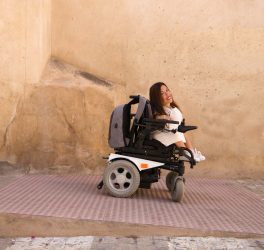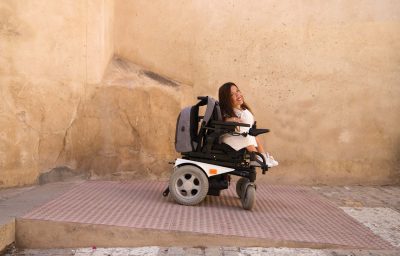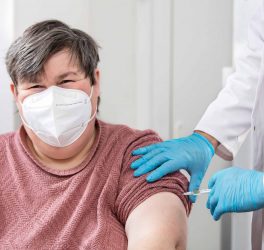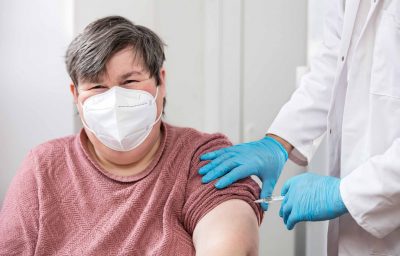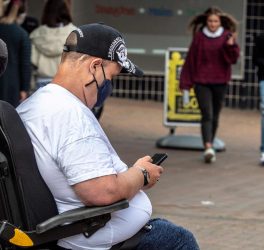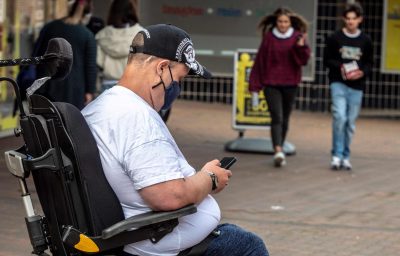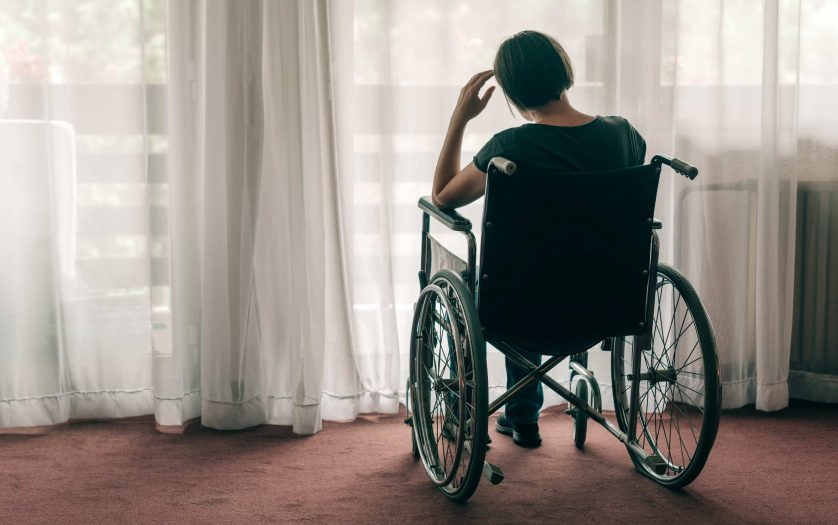
80% of women with disabilities suffer violence in Spain, 8 out of 10 during the COVID lockdown – a shocking fact. According to the experts, this situation has intensified during the coronavirus confinement.
The CERMI Women Foundation collects an article written by Esther Castellanos-Torres and Isabel Caballero. The article has been published in the Spanish Disability Documentation Center magazine, which includes studies on this topic.
One of the report from the Women Enabled International (WEI) of 2020, which states that “women and girls with disabilities suffer violence from their partners and relatives, two or three times more than other women.” Home confinement and other times of compulsory or isolation recommended means that “women have less chance of escaping violence, especially if they cannot count on their usual support.”
The CERMI Women Foundation stresses that confinement can be a “propitious” space for sexist violence. Also, it reiterates that in the case of women with disabilities, they have to face confinement “with little support.”
In addition, the data from the Macro-survey on Violence against Women 2019, carried out by the Government Delegation against Gender Violence, stands out. This study indicates that “17.5% of women with disabilities who have suffered physical or sexual violence; emotional or have been afraid of their partners; they affirm that their disability is a consequence of the violence exerted on them by their partners”.
They highlight that “17.4% of women who have a proven disability have suffered physical violence from a partner compared to 11% of women without disabilities, and 23.4% have a disability as a consequence of some episode of physical or sexual violence”. These data have been collected in the same survey.
The foundation has made recommendations, the entities of the disability sector can reinforce the support and follow-up of these women and girls with disabilities in these circumstances. It is, as he explained, an “intersectional response” to this in times of COVID-19. It seeks to provide guidance about complaints and what to do in case of experiencing this situation.

